Finding the Perfect Home Size: A Comprehensive Guide
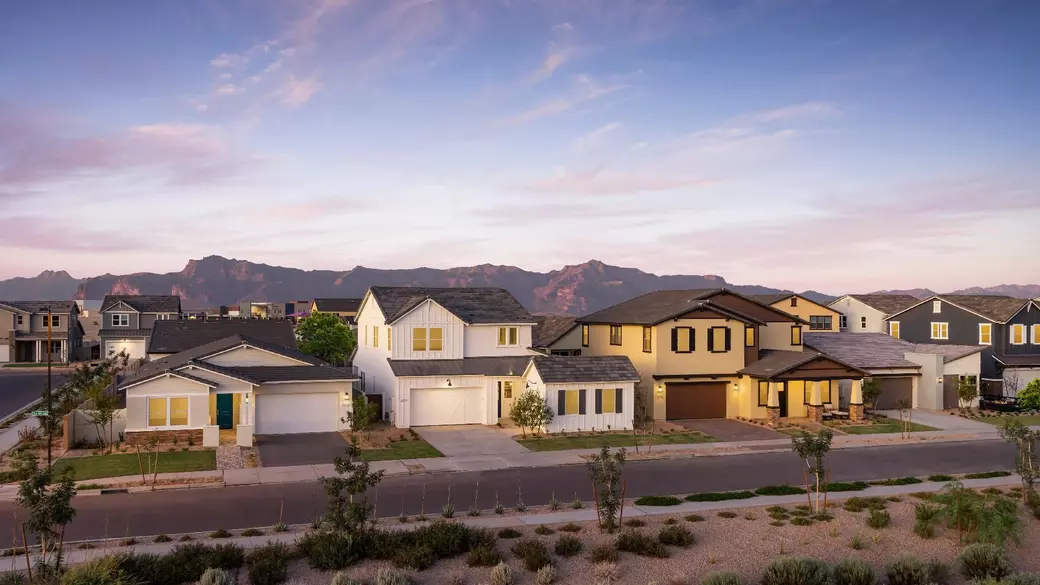
Choosing the right size for your home is a pivotal decision that significantly influences your comfort, lifestyle, and property value. In this guide, we’ll explore essential considerations to help you determine the ideal home size that aligns with your needs and the character of your neighborhood.
Key Factors to Consider
1. Household Requirements
- Current and Future Needs: Assess your family’s space needs. Do you require extra bedrooms for children, guests, or a home office? Consider both your present situation and future plans, such as potential family expansion.
2. Affordability
- Budget Considerations: Evaluate how much space you can realistically afford. Remember that larger homes often incur increased utility costs, maintenance expenses, and higher property taxes.
3. Resale Potential
- Marketability: Consider the long-term resale value of your property. The size of your home in relation to neighboring properties can significantly impact its future marketability. Research comparable homes in your area to understand how home size affects market value.
Risks of Being the Largest Home
Building the largest home in your neighborhood might be tempting, but it carries inherent risks:
- Limited Appreciation: Being at the top of the price range often means diminished potential for future value growth. Upgrades may not yield a proportional return on investment.
- Overbuilding: Oversizing your home relative to the neighborhood can complicate future resale efforts, potentially leading to a longer time on the market.
Advantages of Choosing a Smaller Home
Conversely, opting for a smaller home can offer unique benefits:
- Greater Appreciation Potential: Smaller homes can appreciate more in value, especially if larger homes dominate the market. Enhancements you make can significantly boost your investment.
- Market Trends: Current trends indicate a growing preference for smaller, more manageable homes, particularly among younger generations. This shift may make smaller homes easier to sell in the future.
The Benefits of a Mid-Sized Home
Selecting a home that falls within the mid-size range can provide the best balance:
- Versatility: Mid-sized homes attract a diverse buyer pool, from families to singles and empty nesters. This broad appeal can lead to increased demand and better appreciation.
- Balanced Investment: These homes strike a balance between adequate space and affordability, allowing you to meet your household needs without overstretching your finances.
Planning for Future Growth and Flexibility
As you consider your home size, think about your potential future needs:
- Family Expansion: Anticipate future additions to your family, including pets or elderly relatives. Additional bedrooms and bathrooms can provide necessary space without sacrificing comfort.
- Home Office Needs: With remote work becoming more prevalent, a dedicated home office can be invaluable. Ensure your new home can accommodate this need.
- Flexible Spaces: Look for homes with adaptable areas that can evolve with your changing needs, such as bonus rooms that can serve multiple purposes.
Lifestyle and Community Influence
Your lifestyle and chosen community significantly affect your ideal home size:
- Community Standards: Ensure your home aligns with neighborhood norms. A house that deviates too far from local standards may struggle to sell later on.
- Amenities and Services: Evaluate nearby amenities like parks, schools, and shopping centers. Proximity to these services can enhance your living experience and impact your home's value.
- Outdoor Space: Depending on your lifestyle preferences, outdoor space may be just as important as indoor areas. Consider yard space for gardening, entertaining, or recreational activities.
Emphasizing Energy Efficiency and Sustainability
In our environmentally conscious society, energy efficiency and sustainability are critical:
- Energy Costs: Larger homes typically incur higher energy expenses. Assess potential energy costs and look for energy-efficient features like high-quality insulation and energy-saving appliances.
- Sustainable Practices: Consider homes built with sustainable materials. Not only do these reduce your environmental footprint, but they can also enhance property value and appeal to eco-conscious buyers.
- Renewable Energy Options: Explore incorporating renewable energy sources, such as solar panels, to lower long-term energy expenses while boosting sustainability.
Understanding Resale Value and Market Trends
Grasping local market trends and resale potential can help guide your home size decision:
- Comparable Homes: Research homes of similar size in your area to understand their market value. This insight can inform potential appreciation and resale prospects.
- Market Demand: Stay updated on shifting market trends. Increased demand for smaller, efficient homes can influence your choices and future resale opportunities.
- Economic Indicators: Keep an eye on local and national economic factors that might affect the real estate market, including job growth, interest rates, and economic stability.
Customization and Personalization
The ability to tailor your home can enhance your satisfaction:
- Design Preferences: Reflect on how your design preferences align with your home’s size. Larger homes often provide more opportunities for unique layouts and customized spaces.
- Future Upgrades: Consider whether you’ll want to make additions or renovations in the future. Ensure the home’s layout allows for these changes with minimal disruption.
- Quality Over Quantity: Prioritize high-quality finishes and thoughtful design over sheer size. Well-executed design can elevate your living experience and add significant value.
Final Thoughts
Determining the right home size requires careful consideration of various factors, including your current and future needs, budget constraints, lifestyle choices, and market trends. By taking these aspects into account, you can make an informed decision that positions your home as a valuable and comfortable investment for years to come.
Call to Action
For expert advice and personalized guidance on finding your ideal home, contact me today! Our team is committed to helping you navigate the real estate market and make informed decisions for your future.
Stay tuned to our blog for more insights and updates on the ever-evolving real estate landscape, including tips on energy-efficient homes, resale value trends, and much more!
Categories
- All Blogs (253)
- 13707 W Linanthus Road (3)
- 2223 N BEVERLY Place (5)
- Active Adult & 55 Plus Communities (12)
- Alamar (1)
- Anthem (3)
- Anthem Arizona (3)
- Arizona Relocation Guides (12)
- Avondale (2)
- Bridges at Gilbert (1)
- Buckeye Arizona (15)
- Builders (6)
- Builders in Avondale (1)
- Builders in Buckeye (1)
- Builders in Goodyear (1)
- Builders in Mesa (3)
- Builders in Peoria (2)
- Builders in Queen Creek (3)
- Builders in Scottsdale (3)
- Builders in Surprise (1)
- Buyers (157)
- Cadence (2)
- Cantamia (2)
- Chandler Arizona (6)
- Eastmark (2)
- Estrella (4)
- Financial Planning (36)
- Flagstaff Arizona (2)
- Fulton Ranch (1)
- General Real Estate (97)
- Gilbert Arizona (11)
- Glendale Arizona (7)
- Golf Course Communities (22)
- Goodyear Arizona (16)
- Guest Houses and ADUs (7)
- Income From Real Estate (35)
- Las Sendas (1)
- Litchfield Park Arizona (6)
- Maricopa Arizona (3)
- Market Update (17)
- Marley Park (3)
- Mesa Arizona (11)
- Military (5)
- Morrison Ranch (2)
- New Construction (22)
- New Construction Communities (22)
- News, Updates and Coming Soon (51)
- Norterra (1)
- Ocotillo (1)
- Palm Valley (7)
- Peoria Arizona (22)
- Phoenix Arizona (19)
- Power Ranch (2)
- Prescott Arizona (2)
- Queen Creek Arizona (4)
- REAL (8)
- Real Estate Agent Financial Planning (11)
- Real Estate Investing (58)
- Scottsdale Arizona (15)
- Sedona Arizona (1)
- Sellers (80)
- Senior Resources (14)
- Show Low Arizona (1)
- Spring Training (6)
- Sterling Grove (6)
- Sun City Arizona (2)
- Sun City Grand (1)
- Surprise Arizona (13)
- Tempe Arizona (4)
- Teravalis (1)
- Vacation Rental News (24)
- Verrado (15)
- Vistancia (12)
- Waddell Arizona (2)
- Waterston (1)
Recent Posts
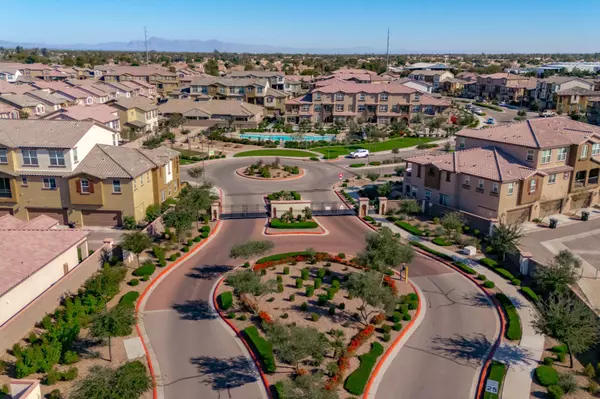

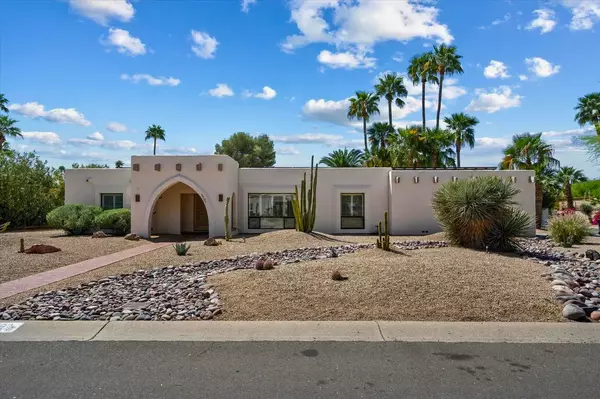

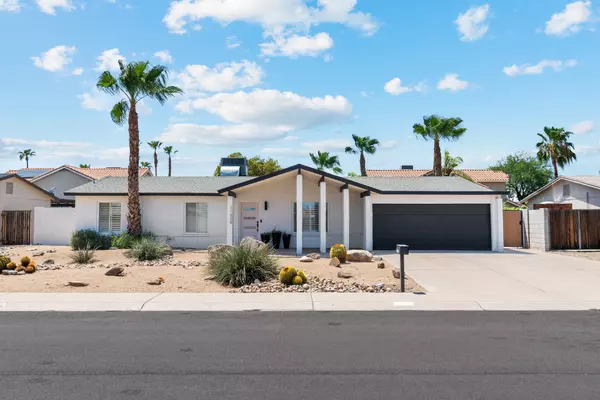
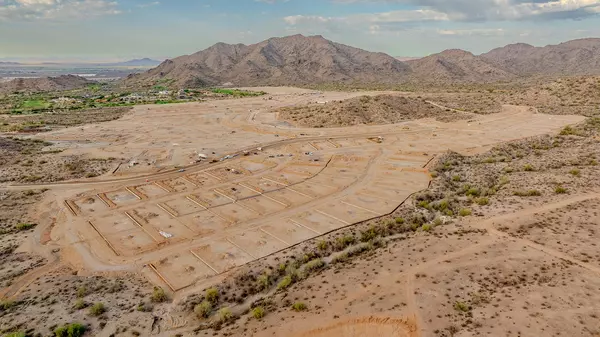
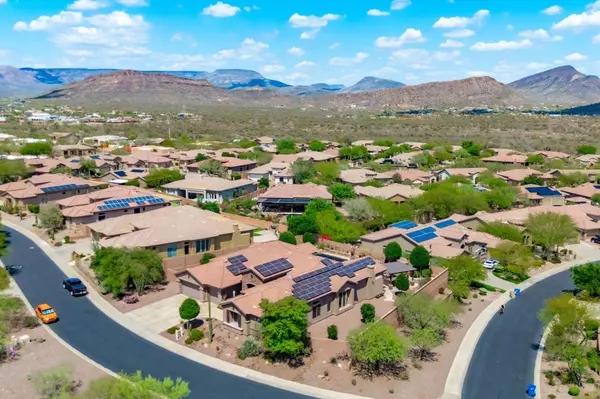
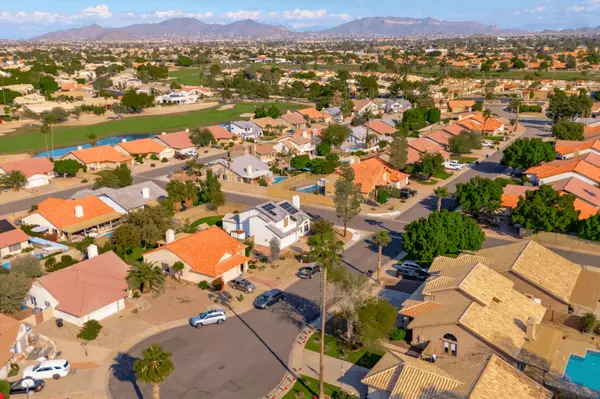



About the Author
Eric Ravenscroft is a Top 1% REALTOR® across North America and one of Arizona’s most trusted real estate strategists. With 15 years of experience spanning real estate, wealth management, and investment planning, he helps clients make smarter, financially grounded decisions, from new construction and relocations to STR investments, 1031 exchanges, and long-term portfolio strategy.
Eric’s expertise has earned him industry recognition, Elite status with Real Broker, and features in major publications including the Wall Street Journal, MarketWatch, MSN, and Morningstar. Clients across the Greater Phoenix Metro rely on his clarity, strategic insight, and results-driven guidance.
Ready to make a confident real estate move? Call or text Eric today.
